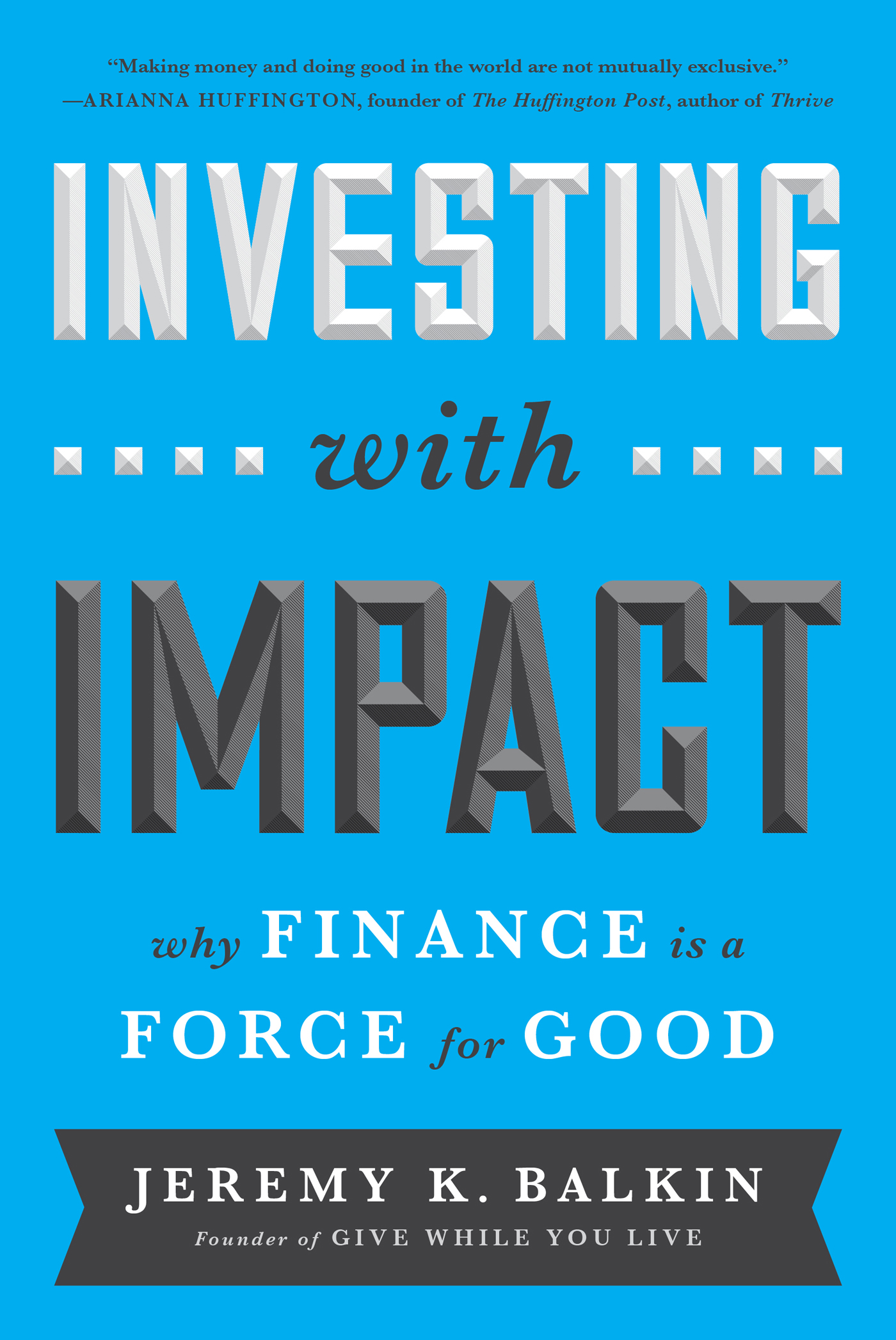First published by Bibliomotion, Inc.
39 Harvard Street
Brookline, MA 02445
Tel: 617-934-2427
www.bibliomotion.com
Copyright 2015 by Jeremy K. Balkin
All rights reserved. No part of this publication may be reproduced in any manner whatsoever without written permission from the publisher, except in the case of brief quotations embodied in critical articles or reviews.
Library of Congress Cataloging-in-Publication Data
Balkin, Jeremy K.
Investing with impact: why finance is a force for good / Jeremy K. Balkin.
pages cm
Summary: Author Jeremy Balkin presents the case that the finance industry can improve the state of the world by positively influencing the allocation of capitalProvided by publisher.
ISBN 978-1-62956-058-8 (hardback) ISBN 978-1-62956-059-5 (ebook) ISBN 978-1-62956-060-1 (enhance ebook)
1. Finance. 2. Financial services industry. 3. Investments. 4. FinanceMoral and ethical aspects. 5. Financial services industryMoral and ethical aspects. 6. InvestmentsMoral and ethical aspects. I. Title.
HG173.B3343 2015
332dc23
2015007900
Jeremys work is inspiring and important and speaks to the potential of a generation ready to change the world. He is a role model for young people eager to find new and innovative ways to make a difference.
Lynn Schusterman, co-chair of the Charles and Lynn Schusterman Family Foundation
If impact investing becomes business as usual, the future will be a much different place.
Dr. Judith Rodin, president, The Rockefeller Foundation
Making money and doing good in the world are not mutually exclusive.
Arianna Huffington, founder, The Huffington Post, and author of Thrive
Leadership is much less about how to do, and much more about how to be. Jeremy Balkins Investing with Impact makes a powerful case for ethical leadership in finance.
Frances Hesselbein, CEO, The Frances Hesselbein Leadership Institute; recipient of the Presidential Medal of Freedom
Jeremy Balkins Investing with Impact is a must-read for everyone on Wall Street.
Rina Kupferschmid-Rojas, founder & CEO, ESG Analytics AG
Jeremy Balkins insightful work, Investing with Impact, not only provides a powerful message that reshaping finance can be a powerful tool for social good, but sends a warning to the existing establishment that change is coming soon.
Kevin Steinberg, president & Head of Client Services, Purpose
Lets search to construct a society and an economy where man and his good, and not money, may be the center.
Pope Francis
Investing with Impact makes the robust case for market-based innovation, combined with the power of entrepreneurship and capital markets to deliver measurable positive social impact.
The Hon. Dominic Perrottet, Minister for Finance and Services, NSW Government
Impact investing is gathering force as more people seek to generate profit and social impact together. Jeremy Balkins Investing with Impact reminds us that impact investing is ultimately a movement to reinfuse morality into markets with profound implications for how we live and work.
Antony Bugg-Levine, coauthor of Impact Investing and CEO, Nonprofit Finance Fund
Investing with Impact persuasively articulates how and why millennials will fundamentally transform Wall Street and corporate America.
Joan Kuhl, international speaker and author and founder of Why Millennials Matter
Jeremy Balkins TEDx Talk ignited a global movement. His book Investing with Impact shines the light on the exciting path ahead where finance is used as a force for good.
Shyno Mathew, co-organizer, TEDxColumbiaUniversity2015
After all, I think that the banking system canor shouldbe a force for economic development.
Antonio Simoes, CEO, HSBC UK
Innovation and experimentation drive our high achievers to push the boundaries of that which is possible. Jeremy Balkin thinks outside the established paradigm and outlines how Investing with Impact can truly be achieved.
Professor Chris Styles, Dean, UNSW Business School
To Rebecca; Mum & Dad; and everyone who believes.
If we can change the culture in finance, we can change the world.
Jeremy K. Balkin
On September 14, 2008, I went to sleep without a care in the world, blissfully out of contact with the outside world. There was no better place to be than camping under the stars with Bedouins in the Negev Desert. I had zero ability to connect with clients, colleagues, or friends, so the worlds problems would simply have to wait. The dark night sky was peaceful and eerily calm until I witnessed my first shooting star. Never the superstitious type, I didnt attach any particular significance to this event. In hindsight, though, the falling star was perhaps a symbol of what was to happen to world financial markets just a few hours later. Waking up to the sun warming the desert chill was a serenely beautiful and majestic experienceand without doubt the absolute antithesis of events taking place concurrently across the world.
Unbeknownst to me at that time, Lehman Brothers, the 158-year-old financial services firm, had filed for Chapter 11 bankruptcy protection in New York on the morning of September 15, 2008. The filing was the largest bankruptcy in U.S. history, with Lehman Brothers listing over $639 billion in assets.the world. It began with the Dow Jones closing down over five hundred points, at the time the largest single-day point drop since the terrorist attacks of September 11, 2001. Lehman Brothers had deep exposure to commercial mortgage-backed securities, and its Chapter 11 filing setting off a sudden race to liquidate assets in a falling market. Lehman Brothers was also the prime broker for nearly one hundred global hedge funds, many of which were forced to hastily sell assets to reduce leverage, creating further market dislocation.
Money market and institutional cash funds also had significant exposure to Lehman Brothers. On September 16, 2008, the oldest money fund broke the buck when shares in the Reserve Primary Fund fell to 97 cents after it wrote off debt issued by Lehman Brothers. There were genuine fears that a global contagion would engulf other banks, counterparties, insurance companies, asset managers, and sovereign governments. Investors were left scrambling in a financial version of musical chairs, trying to find a seat when the music of the world financial markets suddenly stopped playing. The Lehman Brothers collapse marked the beginning of a chapter in history now known as the global financial crisis.
In our modern civil society, banks are a metaphor for trust. Trust undergirds the moral fabric of the human social contract and serves as the basis for our democracy and our financial system. Thus, a banking failure sent shockwaves throughout our societys entire belief system. Former United States Federal Reserve Chairman Ben S. Bernanke filed a statement with the United States Court of Federal Claims on August 22, 2014, that read, September and October of 2008 was the worst financial crisis in global history, including the Great Depression.almost without precedent, one that had adverse impact for people across the world.
In the years leading up to 2008, the world was enormously prosperous, with economic growth averaging above 3 percent, financial markets booming, and a very low probability of global conflict. Banking is the core constituent of the capitalist system, acting as the delivery mechanism for financial resources throughout the system. Government establishes the rules by enacting legislation that regulates the financial system and the way it operates. The question I have been trying to answer is this: Why did the economic system appear to fail so spectacularly in September 2008? The conclusion I have come to is that the economic system did not fail; nor was it allowed to fail. The free market system empowers human beings to make ethical choices between right and wrong, and the smoking gun rested in the hands of those pulling the levers at the political and financial levels. Egregious ethical failures and myopic selfishness were fuelled by excessive greed and thirst for power among those who either failed to foresee, failed to enforce, failed to regulate, or actively aided and abetted the decision making of regulators, CEOs, and bankers. In other words, human morality collectively failed. This was not simply a financial crisis, but a


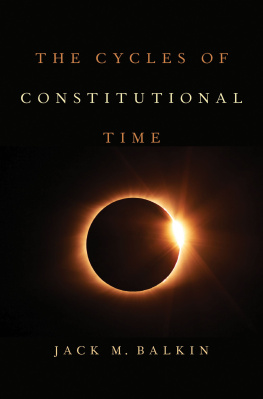
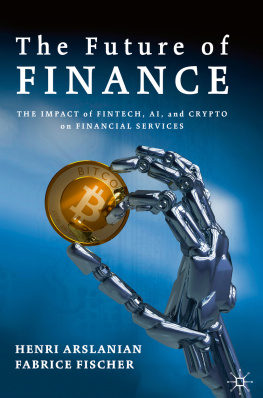
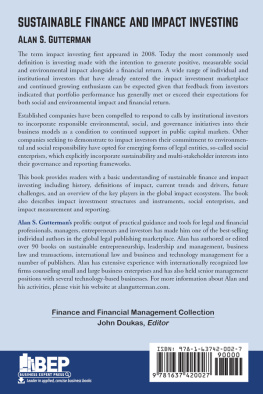
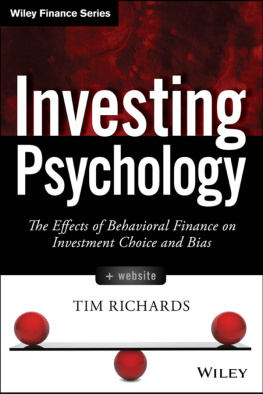
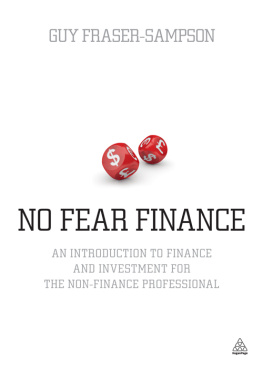
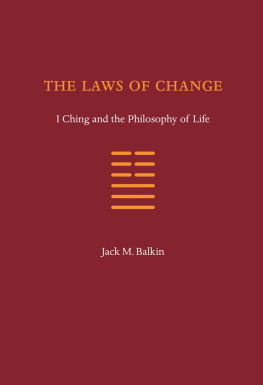
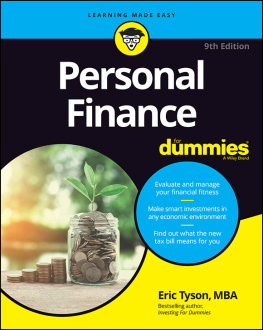
![Keith A. Allman [Keith A. Allman] - Impact Investment: A Practical Guide to Investment Process and Social Impact Analysis](/uploads/posts/book/124124/thumbs/keith-a-allman-keith-a-allman-impact.jpg)
